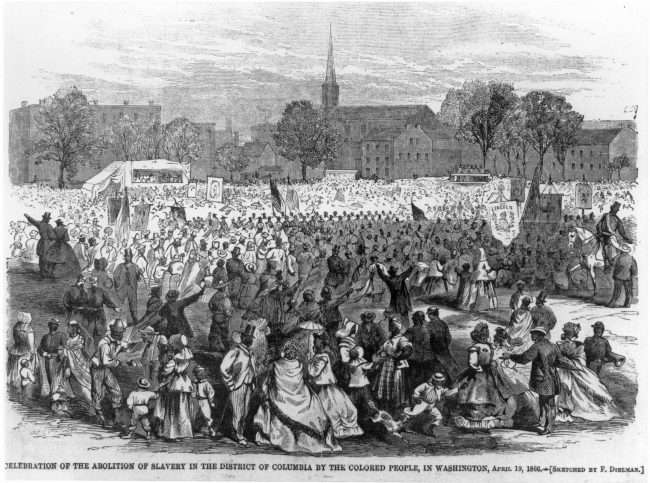
Celebration of the abolition of slavery in Washington, D.C., April 19, 1866. Source: Library of Congress.
On April 16, 1862, the District of Columbia Compensated Emancipation Act became law.
Pause for a minute to consider how much compensation would have been offered to the people who suffered torture and other human rights abuses and whose labor and families were stolen for generations. The answer is zero.
The federal government compensated the “owners” of enslaved people for their “loss of property.” The people who were freed were not compensated, nor given any assistance for the transition to their freedom.
Emancipation Day is an official holiday in Washington, D.C. Watch a short documentary film from the National Archives about the DC Emancipation Act.
Learn More
Since Emancipation, the United States Has Refused to Make Reparations for Slavery by Kali Holloway in The Nation (March 23, 2020)
Emancipation Petitions: Historical Contexts by Kenneth J. Winkle via Civil War Washington, Center for Digital Research in the Humanities.
When Slaveowners Got ‘Reparations’: Lincoln signed a bill in 1862 that paid up to $300 for every enslaved person freed by Tera W. Hunter in The New York Times.
D.C.’s grim, unfinished business, 154 years after emancipation an editorial by Colbert King in The Washington Post.
An Example For All The Land: Emancipation and The Struggle Over Equality in Washington, D.C. (University of North Carolina Press, 2012) by Kate Masur.
Find related lessons and more related resources below.


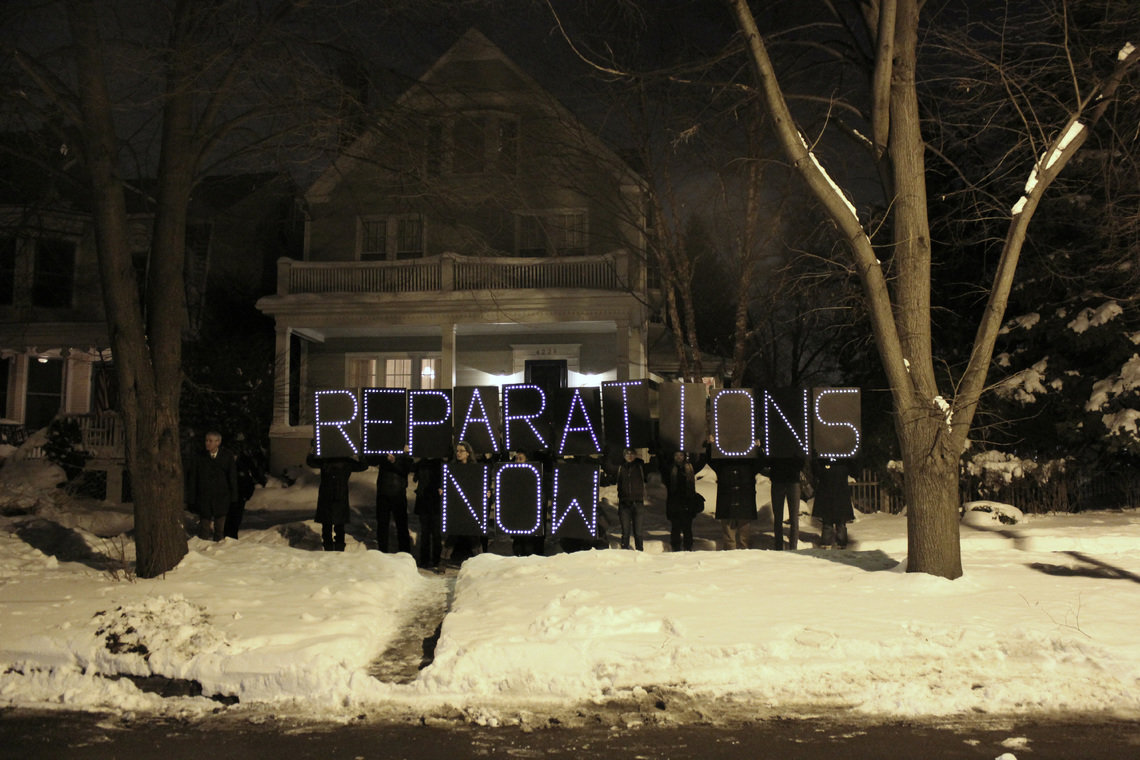
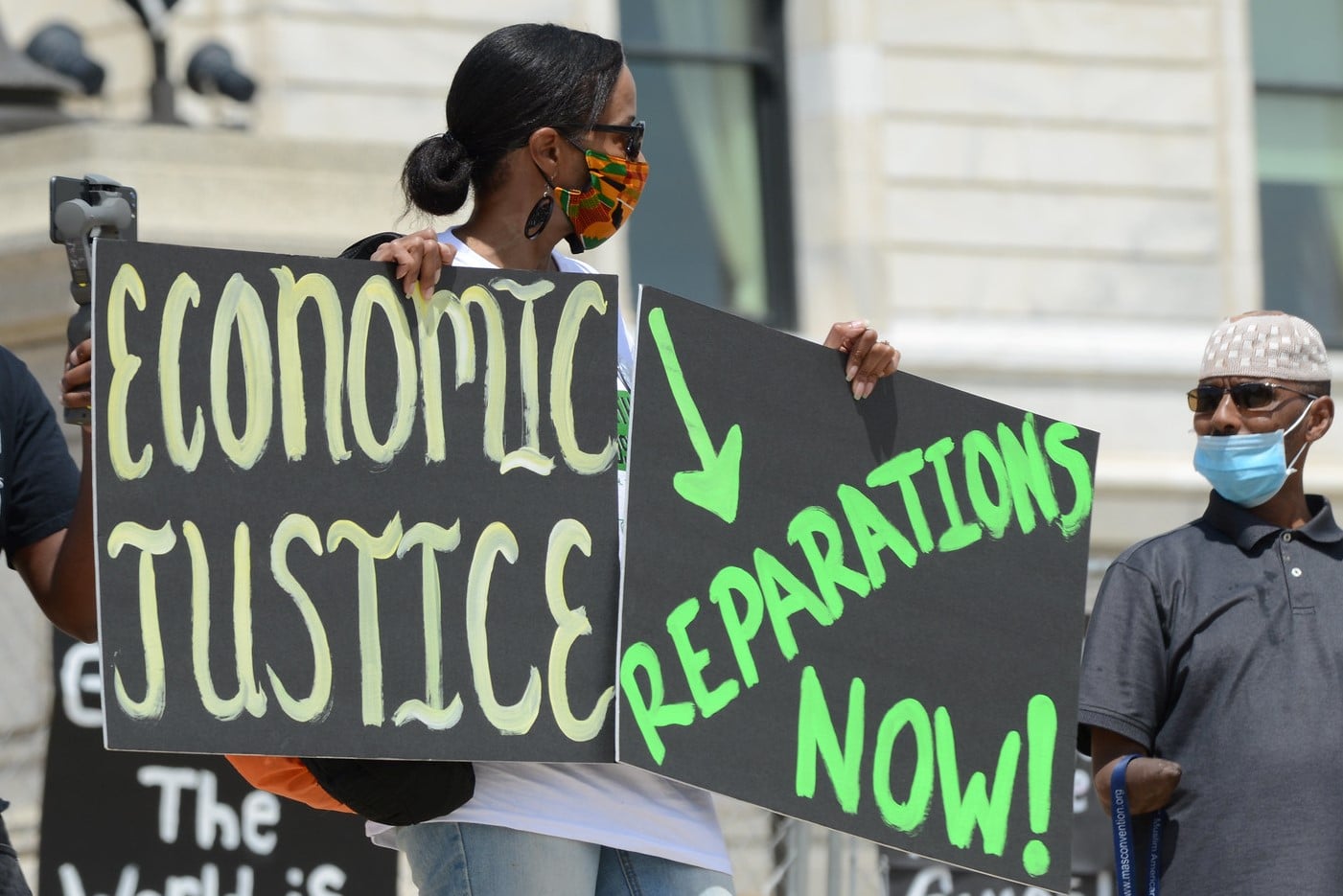




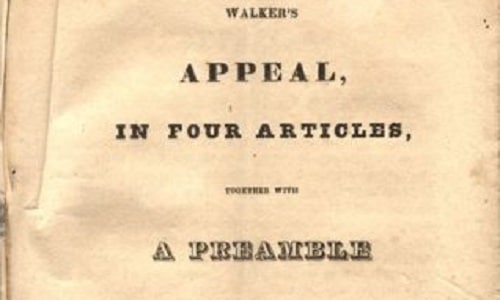
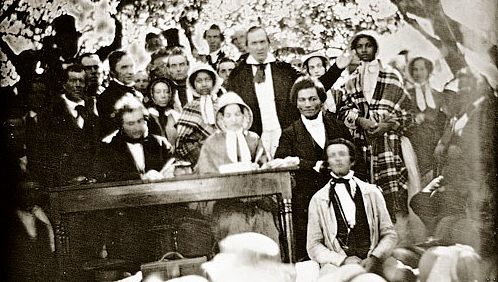
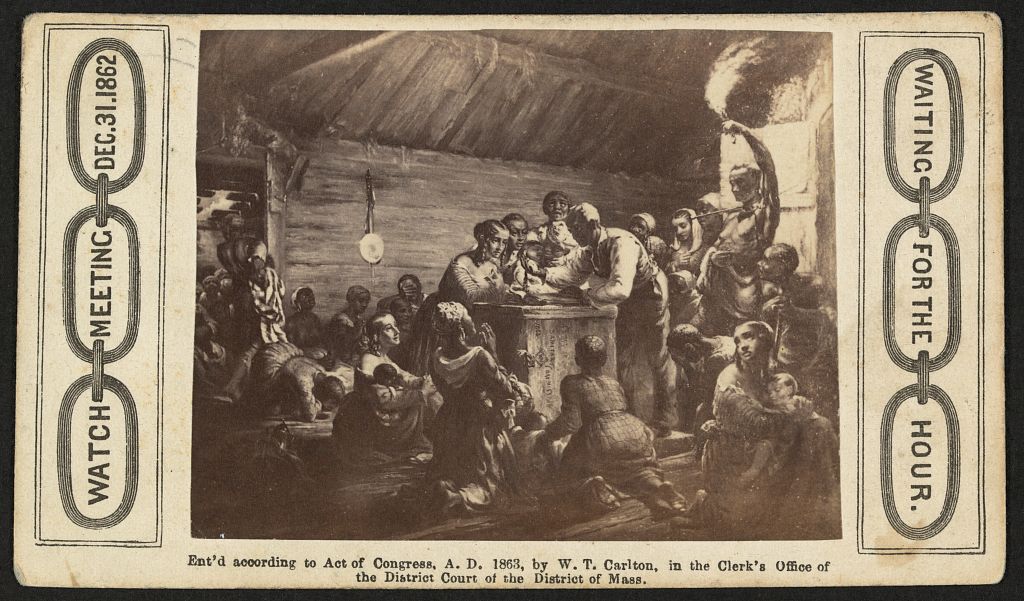
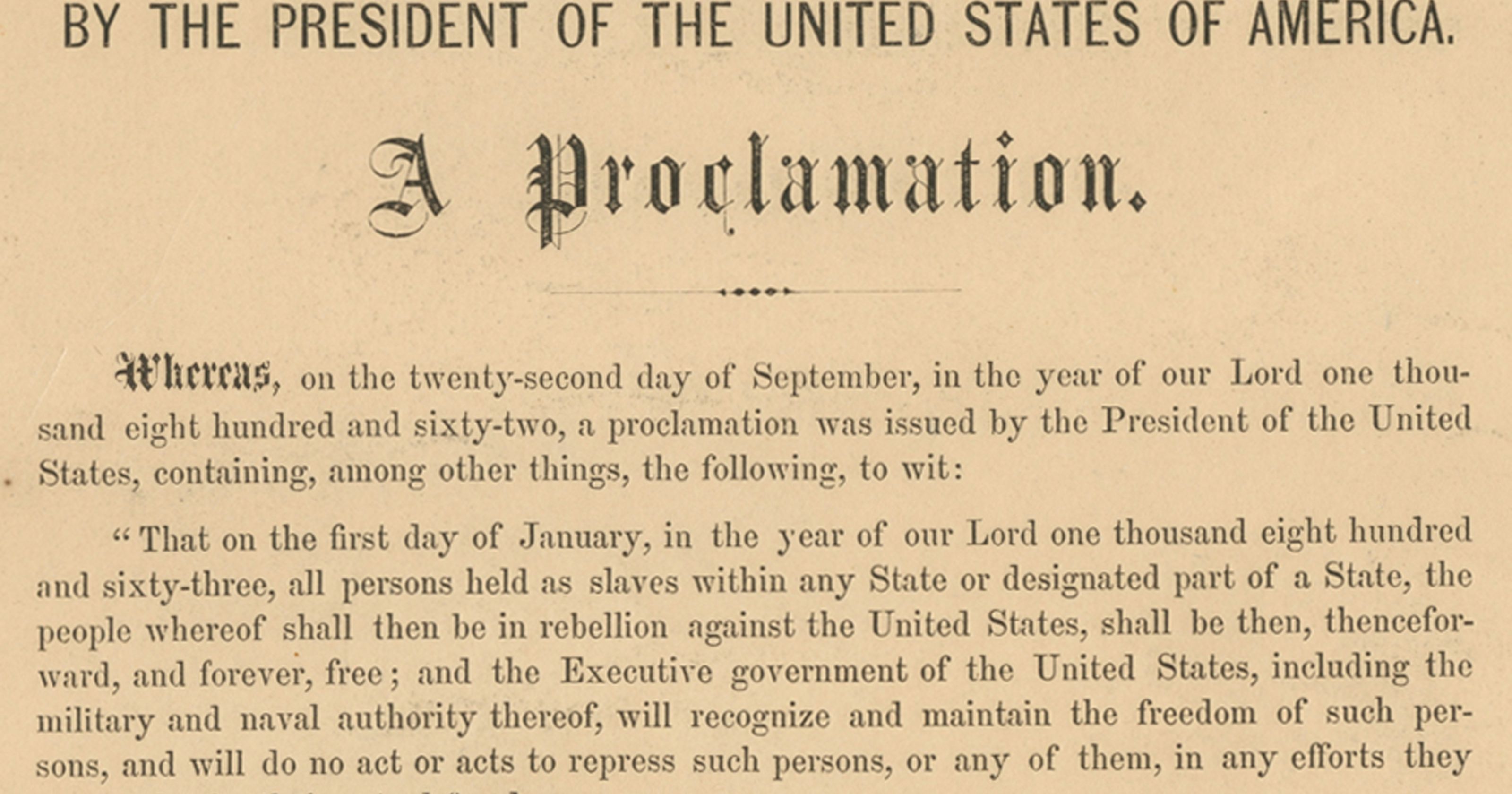
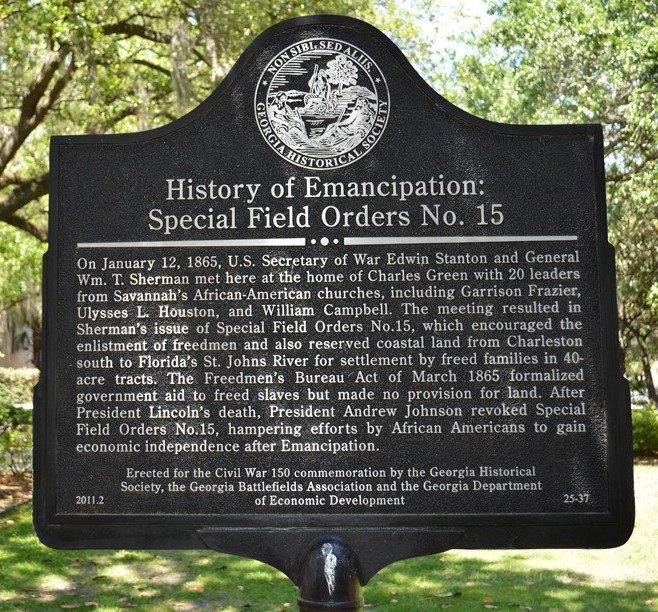
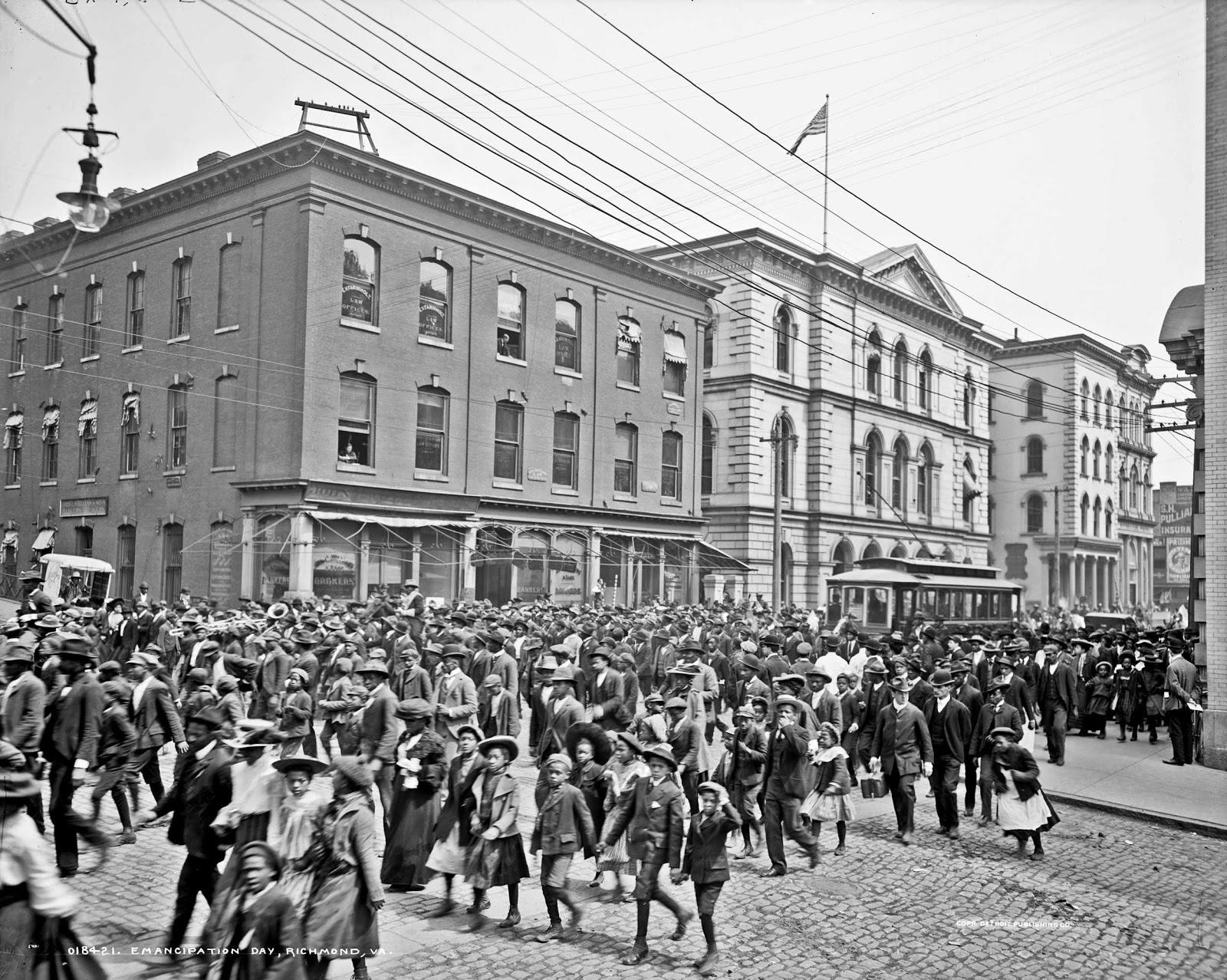
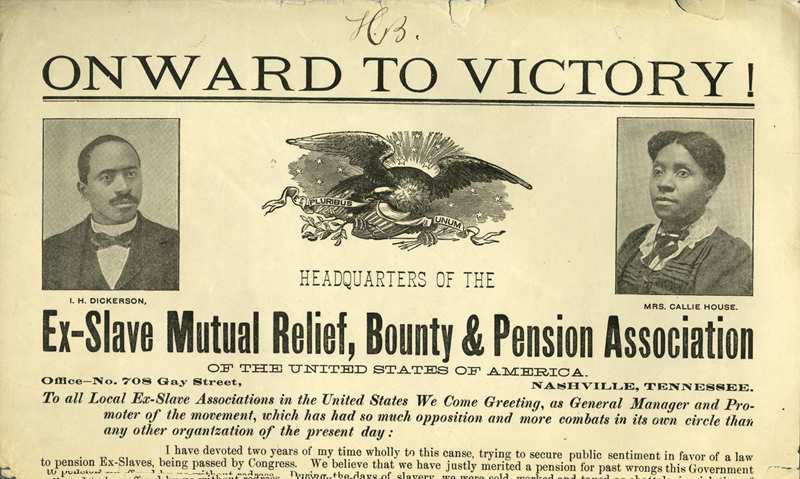





Twitter
Google plus
LinkedIn